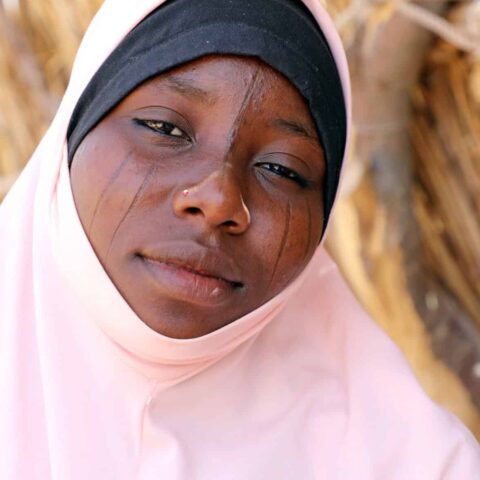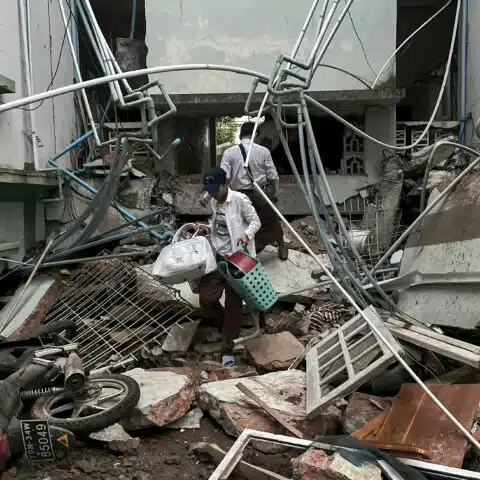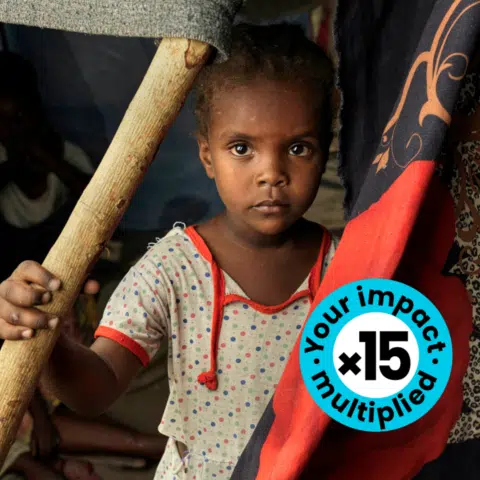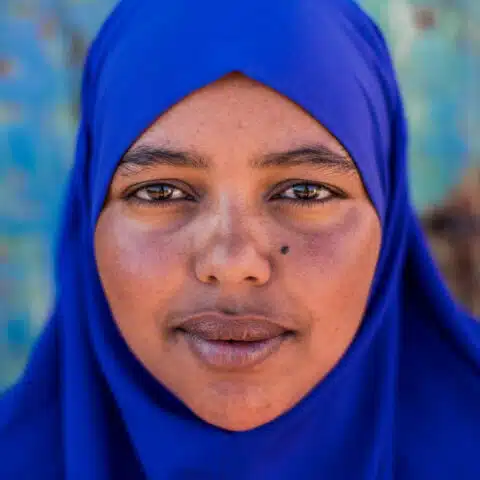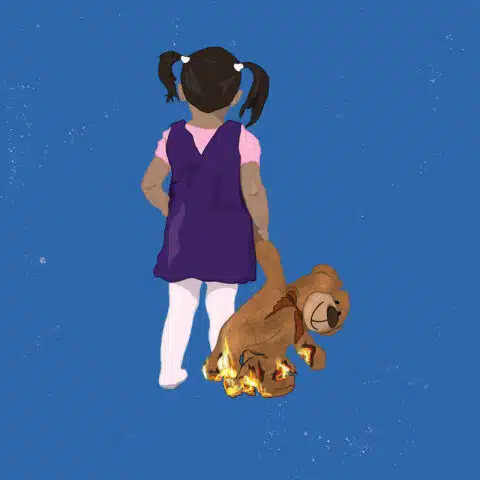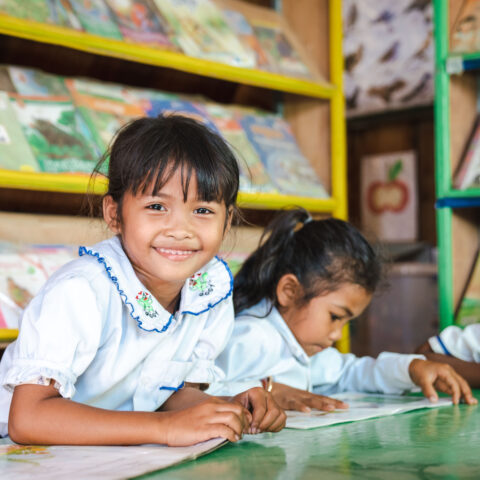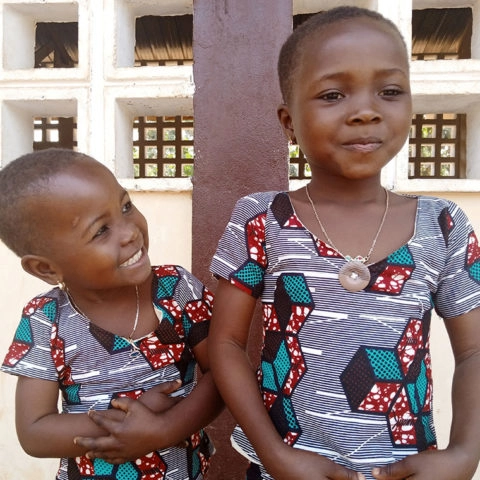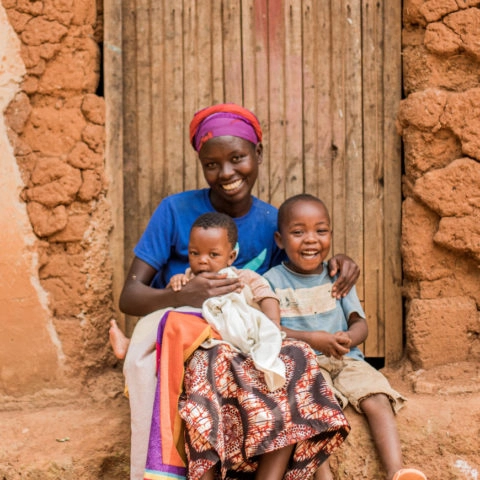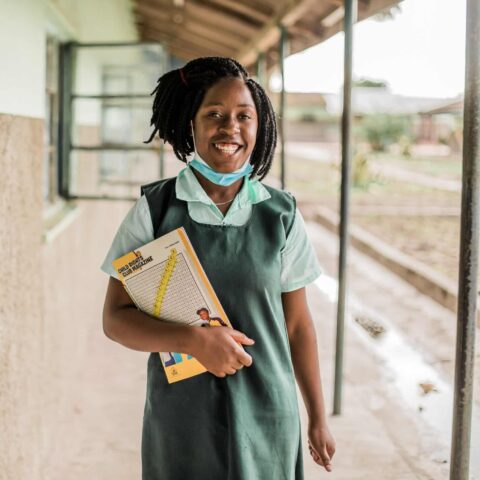Donate today
By donating to Plan International Australia today, you are helping create a new world!
Donations to Plan International Australia’s Overseas Aid Account are tax deductible. Our minimum donation amount is $5.
Photo: Sarah, 13, knows more about her rights after joining the children’s club at her school. © Plan International
Our current appeals
Frequently Asked Questions
We’re incredibly grateful for the generosity of our supporters and the backing of the Australian Government who support our programs. Our priority is making sure that our funds go towards sustainable programs – which is why the vast majority of our funds go to our overseas work. To do that, we need to build strong teams here and overseas, we need public awareness and support, and we need systems in place that ensure we can work effectively as a global organisation.
Through the support of our donors, we’re able to increase the value of our work, which means we can create an even bigger impact. And this brings us closer to achieving our mission of an equal world for all children.
We’re very transparent about how we best utilise our funds to create the greatest impact from our programs. Read more in our Annual report and financial statements.
Through the support of our donors, we’re able to increase the value of our work, which means we can create an even bigger impact. And this brings us closer to achieving our mission of an equal world for all children.
We’re very transparent about how we best utilise our funds to create the greatest impact from our programs. Read more in our Annual report and financial statements.
Right now, millions of girls are being married as children. Forced out of school. Killed by violence. Half the world’s population is being held back by inequality, but it doesn’t have to be this way.
When girls are educated and supported – their entire family and community benefits, including boys and men. Because gender inequality affects absolutely everyone. By standing with girls and supporting them to speak up, know their rights and lead, we’re working towards a better, more equal world for all.
When girls are educated and supported – their entire family and community benefits, including boys and men. Because gender inequality affects absolutely everyone. By standing with girls and supporting them to speak up, know their rights and lead, we’re working towards a better, more equal world for all.
We are dedicated to creating a better, more equal world that doesn’t hold girls and women back. Working with girls is the key to helping everybody. We pride ourselves on being the charity for girl’s equality, but our commitment to girls is never to the exclusion of boys. We work with communities to help redefine how they view gender, and challenge the expectations that prevent everyone from realising their full potential.
We know that gender equality cannot be realised without working with men and boys.
Gender inequality affects men and women, and is often made worse by other forms of social exclusion such as age, location, disability, sexual orientation, gender identity, religion and ethnicity. We are working to challenge these harmful attitudes in order to create a world where everyone can be free to pursue their dreams and reach their full potential.
We know that gender equality cannot be realised without working with men and boys.
Gender inequality affects men and women, and is often made worse by other forms of social exclusion such as age, location, disability, sexual orientation, gender identity, religion and ethnicity. We are working to challenge these harmful attitudes in order to create a world where everyone can be free to pursue their dreams and reach their full potential.
We are a secular organisation with no religious or political affiliations. Poverty doesn’t discriminate, so neither do we.
Yes. Donations to Plan International Australia’s Overseas Aid Account are tax deductible.
Yes! By joining our regular-giving program, Change for Girls, you can help support our work into the future. A gift of just $20 every four weeks can create long-term transformation for girls.


